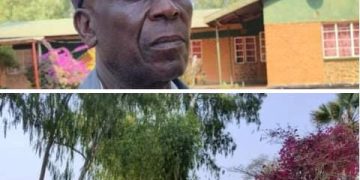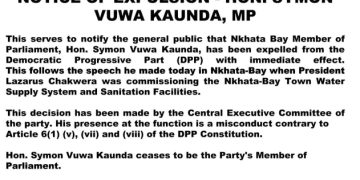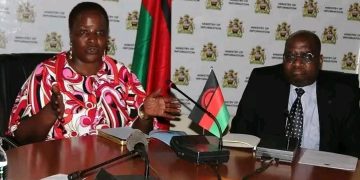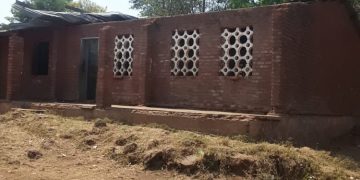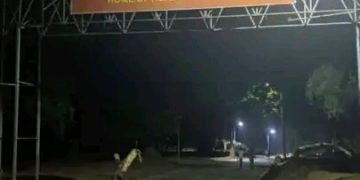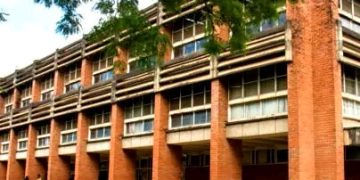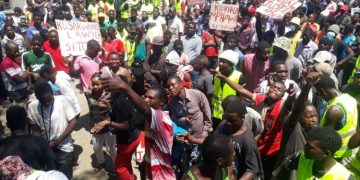Parliament yesterday passed a resolution requiring the government to resolve the maize market crisis, including increasing funds allocated for purchasing the crop from 14bn/- to about 100bn/-, as requested by the National Food Reserve Agency (NFRA).
Members of Parliament also resolved that the centres for selling maize should be increased and borders be opened to allow various traders from Tanzania to export the crop and those outside the country to come in and buy maize from farmers.
The lawmakers also agreed that the price of agricultural inputs, especially fertilisers, should be lowered before the start of this year’s farming season to enable farmers to engage effectively in farming activities.
However, the Prime Minister, Mr Kassim Majaliwa assured the lawmakers that the government was taking the matter seriously in order to address the problem and he will issue the government’s statement today.
The MPs resolutions followed a motion moved before the House by Justine Nyamoga (Kilolo-CCM), who forcefully pushed for the increase of funding because the amount of 14bn/- released by the government to NRFA to buy maize across the country is inadequate.
He told the House that maize is not only cultivated for domestic purposes but also commercial.
According to Mr Nyamoga, farmers in particular from Mbeya, Ruvuma, Rukwa, Katavi and Songwe and some districts have harvested tonnes of the crop, but they have not managed to get a reliable market.
The lawmaker, thus, requested his fellow lawmakers to support his motion so that the government could come up with a concrete solution to the crisis that has engulfed the famers from the regions in question, who are the main producers of maize.
Debating the motion, the MPs gave a detailed account on how the famers from the regions were encouraged to cultivate the crop and earned bumper harvest.
They cited, Ruvuma region where this year production has increased from 700,000 tonnes to 816,242 tonnes, which is equivalent to an additional 326,497 tonnes. But the estimated purchase is only 30,000 tonnes which is equivalent to 1.8 per cent of tonnes of maize harvested in the region.
They pointed out the lack of a reliable market would plunge the famers into poverty, thus causing them not to pay school fees and also failure to buy farm inputs for the next farming season.
According to them, there was a likelihood that most farmers would be discouraged from taking part in the farming activities in the next season.
However, contributing to the motion, the Minister of Agriculture, Dr Adolf Mkenda, briefed the House on the various measures which have been taken by the government in addressing the challenge.
He acknowledged that the price of maize was too low in some areas due to increased production this year, but was quick to add that the government has been taking various measures, including not banning any kind of export of maize to South Sudan, Zambia or Democratic Republic of Congo (DRC).
The minister also said that efforts have been made to open up the market in Kenya, where the business is currently going on well, although prices have not yet risen sharply, especially in Ruvuma, Rukwa, Katavi and the southern highlands regions.
He noted that the government has now entered into an agreement with a company from Mombassa to sell over 100,000 tonnes a year and the company has started exporting maize to Mombassa and has opened a marketing centre in Nairobi.
According to the minister, there is a team which is returning from Juba that has signed a contract and there would be a grain export centre from Tanzania to South Sudan. He said that the government also has a strategy to find markets in DRC and neighbouring countries to sell not only maize but also rice.



